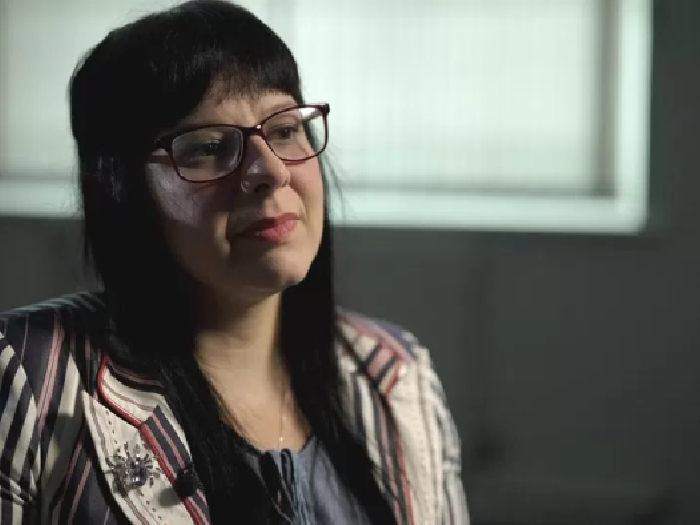Sexual Harassment and Assault is Common in High School
Thursday, September 27, 2018
CONTACT:
Joyanna Silberg, PhD
443-562-1802
Robert Geffner, PhD
858-527-1860 x4050
Sexual assault is more common in high school than people realize, according to the Leadership Council on Child Abuse & Interpersonal Violence, a national scientific organization. A poll in 2011 by the American Association of University Women found that 58% of girls reported some form of sexual harassment between 7th and 12th grade, and 4% reported coercion into sexual activity without their consent. Dr. Robert Geffner, Council advisory member and president of the Institute on Violence, Abuse and Trauma adds, “It is important to realize that sexual assault is about power and dominance — an act whose purpose is intimidation and ego building for the offender rather than sexual gratification.” Because of the fear and shame, survivors may stay silent for years.
Dr. Joyanna Silberg, President of the Council, advises that, “Situations involving high levels of coercion, fear of bodily harm or death, and the experience of confinement can lead to the most severe and enduring reactions.” Dr. Silberg points out, “All three of those features are present in the narrative of Dr. Christine Blasey Ford, who is testifying today in the Congressional Judiciary Committee about her memories of assault, allegedly at the hands of Judge Brett Kavanaugh.”
Currently, the political impact of allegations of sexual assault is being played out on a national stage, but whenever survivors of sexual assault speak out there is a political consequence, notes Dr. Silberg. “Every report of sexual assault is by its very nature a challenge to the more powerful by the less powerful.” While the public cannot know if any particular accusation is accurate without a thorough investigation, Dr. Silberg notes that it is helpful to all survivors when courageous people publicly share their stories.
The Leadership Council encourages survivors of sexual trauma to tell their stories to someone they trust and seek therapeutic assistance as needed.
The Leadership Council on Child Abuse & Interpersonal Violence is composed of national leaders in psychology, psychiatry, medicine, law, and public policy who are committed to the ethical application of psychological science and countering its misuse by special interest groups. Members of the Council are dedicated to the health, safety and well-being of children and other vulnerable populations. More information can be found at:LeadershipCouncil


